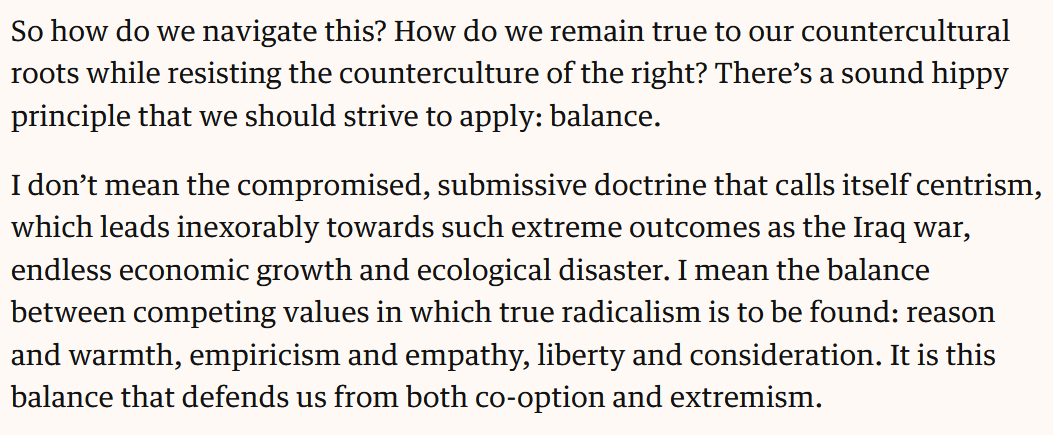
It's unsurprising that @sapinker's book Enlightenment Now is loved by billionaires. It's a catalogue of system-justifying falsehoods. I analysed the environment chapter, and found it crammed with anecdote, cherry-picking and discredited claims: monbiot.com/2018/03/09/con…
People who have spent similar amounts of time parsing other chapters that cover their specialisms, have reached the same conclusions. It's a total crock.
However, Gates, Zuckerberg, Bill Clinton and others heavily invested in the status quo are mad about it.
However, Gates, Zuckerberg, Bill Clinton and others heavily invested in the status quo are mad about it.
He's been right about stuff in the past, but this book is a lazy recitation of rightwing talking points, relying on secondary or tertiary sources that suit his arguments, and making numerous claims that are demonstrably false.
He grandly claims his critics are "opposed to reason" or "opposed to the Enlightenment".
It's more mundane than that. We're opposed to bullshit.
More on this subject in Alex Blasdel's article today:
theguardian.com/science/2021/s…
It's more mundane than that. We're opposed to bullshit.
More on this subject in Alex Blasdel's article today:
theguardian.com/science/2021/s…
I guess there's a weary inevitability about the BBC giving Pinker a series. It has become ever more hostile to ideas that challenge established power, and ever more receptive to those that support it.
At a time of global crisis, the BBC is burrowing under the duvet. The more extreme our situation gets, the more conservative it becomes.
• • •
Missing some Tweet in this thread? You can try to
force a refresh





